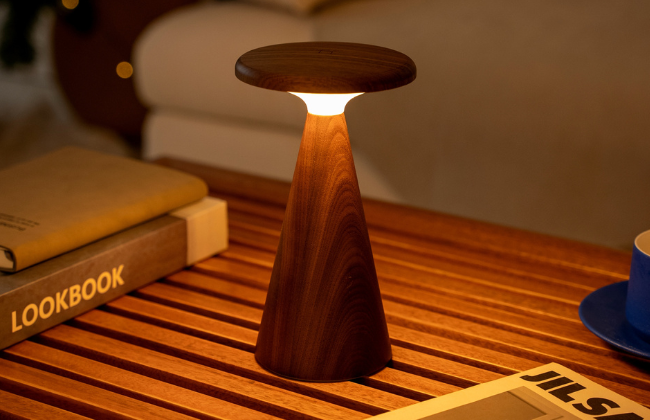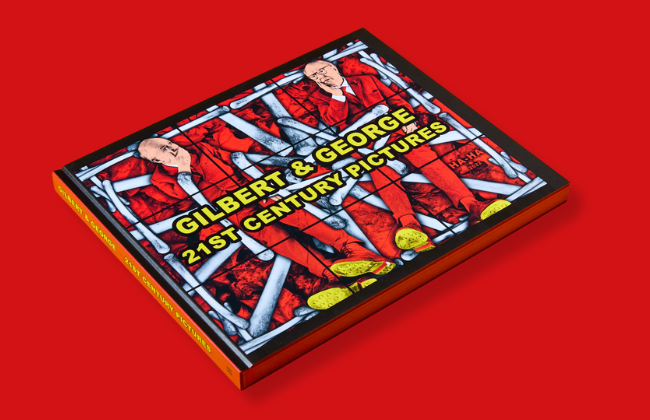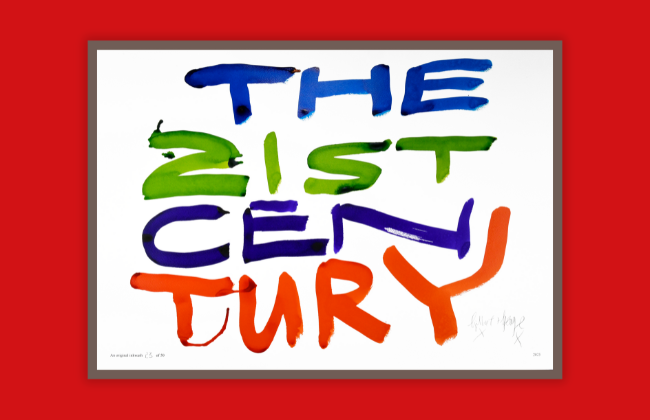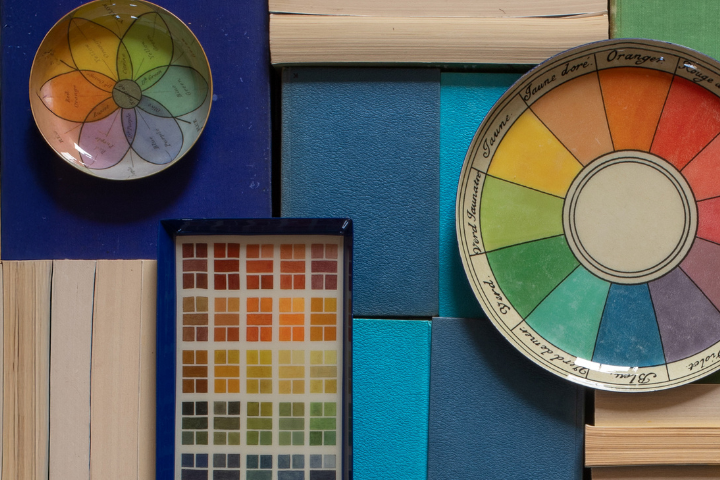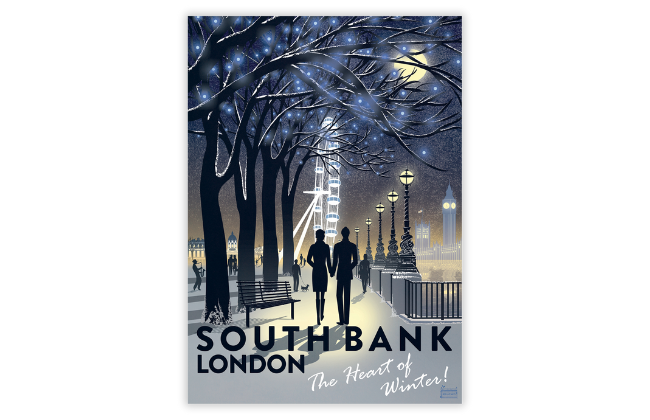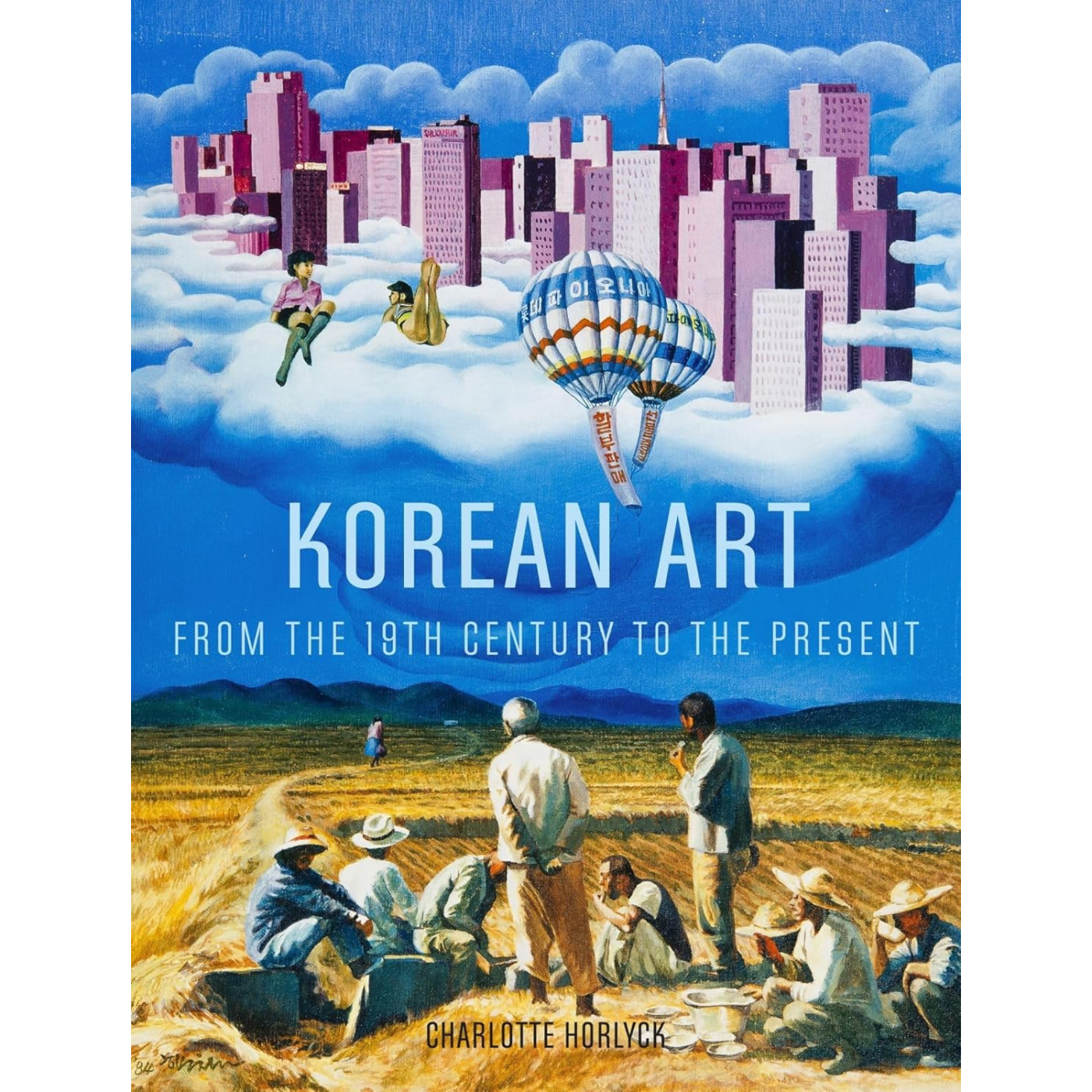Korean Art from the 19th Century to the Present
£45.00
Regular price £27.00Korean artists are a permanent fixture on today's international art scene, as interest in modern and contemporary art from South as well as North Korea has grown in strength. Museums and individual collectors eager to tap into this rising market are acquiring many more Korean artworks. But how are we to understand Korean art and its cultural significance? What has led to the formation of Korea's cultural scene as we know it today, and what role have artists played in this process? These are some of the questions that frame the narrative in this richly illustrated history of Korean art from the late nineteenth century to the present day - a period which coincided with enormous and rapid political, social and economic change. From artists' first encounters with oil paintings in the late nineteenth century to the varied and vibrant creative outputs of the 2000s, the book covers a critical and, from a cultural perspective, revolutionary period, signified by the breakdown of earlier artistic conventions and the rise of new art forms. Within this historical trajectory, Charlotte Horlyck explores artists' interpretations of new and traditional art forms ranging from oil and ink paintings to video art, multi-media installations, ready-mades and performance, and their questions about the role of art and the artist's position within society.
Hardback, 256 pages
£45.00
Regular price £27.00Korean artists are a permanent fixture on today's international art scene, as interest in modern and contemporary art from South as well as North Korea has grown in strength. Museums and individual collectors eager to tap into this rising market are acquiring many more Korean artworks. But how are we to understand Korean art and its cultural significance? What has led to the formation of Korea's cultural scene as we know it today, and what role have artists played in this process? These are some of the questions that frame the narrative in this richly illustrated history of Korean art from the late nineteenth century to the present day - a period which coincided with enormous and rapid political, social and economic change. From artists' first encounters with oil paintings in the late nineteenth century to the varied and vibrant creative outputs of the 2000s, the book covers a critical and, from a cultural perspective, revolutionary period, signified by the breakdown of earlier artistic conventions and the rise of new art forms. Within this historical trajectory, Charlotte Horlyck explores artists' interpretations of new and traditional art forms ranging from oil and ink paintings to video art, multi-media installations, ready-mades and performance, and their questions about the role of art and the artist's position within society.
Hardback, 256 pages
